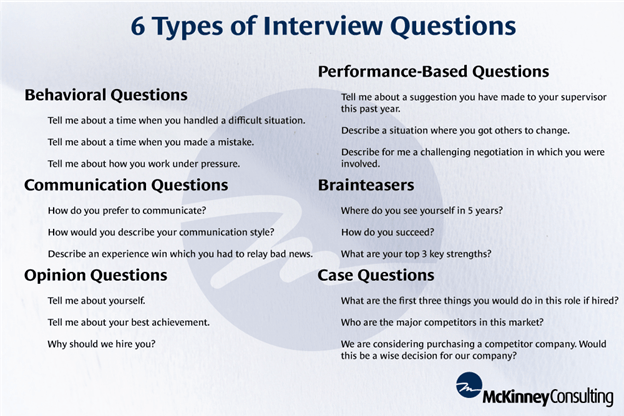3 min read
Warren Buffett famously said, "Successful people say no to almost everything." While it sounds counterintuitive, there's a powerful truth hidden within this seemingly simple statement. In this post, "The Power of "No": Why Saying No Can Fuel Your Success as a Leader," we'll delve into this powerful truth. Mastering the art of saying no becomes crucial for leaders seeking to maximize their impact and achieve their goals.
The Challenge of Saying Yes to Everything:
The constant pressure to be "on" and available can lead to a culture of overcommitment. Leaders who say yes to every request or opportunity often find themselves:
- Spread Thin: Juggling too many tasks and responsibilities dilutes their focus and hinders their ability to deliver quality work.
- Decision Fatigued: A study published in the Journal of Personality and Social Psychology (https://www.sciencedirect.com/topics/psychology/ego-depletion) demonstrates that making too many decisions can deplete our willpower and lead to poorer choices. Saying no allows leaders to conserve their mental energy for the most critical decisions.
- Lacking Focus: When priorities become overwhelming, focus suffers. Saying no empowers leaders to prioritize ruthlessly and dedicate themselves to achieving key goals that will have the most significant impact.
The Power of No: Why Saying No Can Fuel Your Success as a Leader in Executive Search Practices
This challenge is particularly relevant in the executive search field. We at McKinsey Consulting receive a high volume of potential candidate applications. To ensure we deliver the best results for our clients, we strategically prioritize who we interview based on their specific needs and requirements.
Saying no to less-qualified candidates allows us to dedicate our time and resources to those with the highest potential for success in the targeted role. One of the ways that we accomplish this is by using multiple types of interview questions. Here are 6 Types of Interview Questions that you should consider incorporating into your hiring practice.
The Benefits of Saying No More Often:
Saying no strategically isn't about shirking responsibility; it's about making conscious choices to optimize your time, energy, and impact. Here's how leaders can benefit from mastering the art of saying no:
- Increased Productivity: By focusing on fewer things, leaders can achieve greater efficiency and produce higher-quality work. When they delegate effectively and avoid overcommitting, they free up valuable time to focus on strategic initiatives and high-value activities.
- Enhanced Creativity: Leaders have more mental space for creative problem-solving and innovation when freed from the constant demands of a cluttered schedule. Saying no allows them to step back, explore new possibilities, and develop innovative solutions to complex challenges.
- Improved Well-being: Constant busyness can lead to stress, burnout, and a decline in overall well-being. Saying no allows leaders to establish healthy boundaries, prioritize self-care, and maintain a better work-life balance. This translates to a more energized, resilient, and effective leader.
- Serving Clients Better: In the realm of executive search, saying no to unqualified candidates is crucial. By prioritizing the most promising candidates, we ensure our clients have access to a pool of top talent that aligns perfectly with their specific needs, ultimately leading to more successful placements.
The Power of No: Why Saying No Can Fuel Your Success as a Leader and How to Master the Art of Saying No
Saying no effectively isn't about being negative or dismissive. It's about clear communication and setting healthy boundaries. Here are some tips for leaders to master the art of saying no:
- Identify Your Priorities: Be clear about your core values and goals. What are the most important things you want to achieve in your leadership role? Say no to opportunities that don't align with your strategic objectives and priorities.
- Communicate Effectively: Learn to say no politely and assertively. You don't need to give elaborate explanations. A simple "Thank you for the opportunity, but I'm unable to take this on right now" is perfectly acceptable. You can offer a brief explanation or suggest an alternative solution if appropriate.
- Embrace Boundaries: It's okay to set boundaries on your time and energy. Saying no doesn't make you selfish; it allows you to show up fully for the things that matter most, professionally, and personally. Setting boundaries will enable you to be more present and engaged in the moments that require your full attention.
The Power of Choice: Fueling Your Success as a Leader
By mastering the art of saying no, leaders empower themselves to make conscious choices about how they spend their time and energy. This strategic approach allows them to focus on the most impactful activities, fostering greater productivity, creativity, and well-being. Ultimately, saying no becomes a powerful tool that fuels success and empowers leaders to make a significant contribution to their organizations.
One effective way to win the war for talent is to use skills-based hiring. Check out our blog post, “How To Win The War For Talent By Skills Based Hiring.”
Helping You Become the Leader You're Meant to Be.

